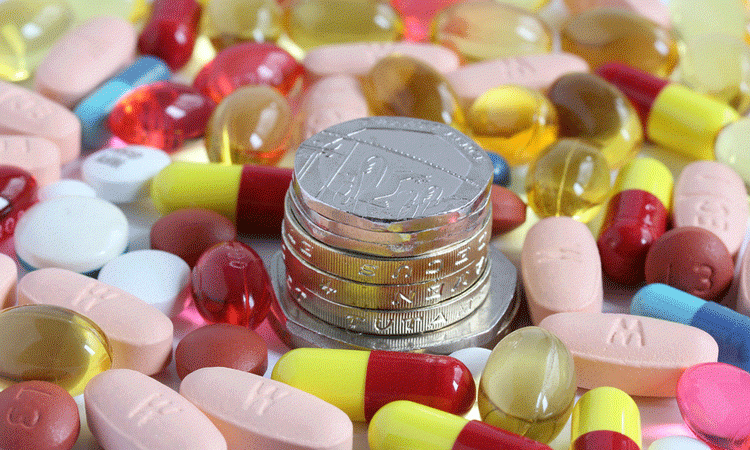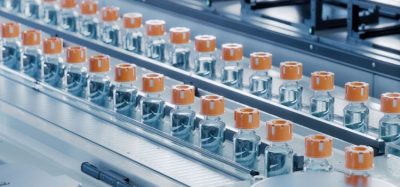CMA accuses three pharma companies of illegal market agreement
Posted: 4 October 2019 | Victoria Rees (European Pharmaceutical Review) | No comments yet
The UK Competition and Markets Authority has alleged that Aspen paid two other pharmaceutical companies to ensure they were the only supplier of a drug to the NHS.


The UK Competition and Markets Authority (CMA) has issued a Statement of Objections which presents its provisional view that three pharmaceutical companies broke competition law in 2016.
The Statement comes after Aspen confirmed its participation in the anticompetitive arrangement”
The CMA is accusing Aspen to have unlawfully agreed to pay companies Amlico and Tiofarma who then agreed to stay out of the UK market for fludrocortisone acetate tablets, indicated to treat Addison’s disease.
The alleged agreement means that Aspen was the only supplier of the drug to the National Health Service (NHS), giving the business the opportunity to increase prices by up to 1,800 percent.
Further claims are that Tiofarma was made the sole manufacturer of fludrocortisone for direct sale in the UK and that Amlico received a 30 percent share of the increased prices that Aspen was able to charge.
The Statement comes after Aspen confirmed its participation in the anticompetitive arrangement. The CMA has also formally accepted the pharmaceutical company’s offer of commitments. This includes Aspen paying the NHS £8 million as well as ensuring that there will be at least two suppliers of fludrocortisone in the UK.
If the CMA decides that the law was broken, Aspen has agreed to pay a maximum penalty of £2.1 million. Amlico and Tiofarma, who have not admitted to unlawful actions, are now able to respond to the provisional findings.
Michael Grenfell, Executive Director, Enforcement, at the CMA, said: “The CMA is also pleased formally to accept Aspen’s £8 million payment to the NHS in response to competition concerns about a related arrangement they made for supplying this medicine, which the NHS will receive in 20 working days. This highlights the importance of competition in making sure the NHS, and so ultimately UK taxpayers, do not pay more than they should for medicines.”
Related topics
Big Pharma, Drug Markets, Drug Supply Chain, Industry Insight, Regulation & Legislation
Related organisations
Amlico, Aspen, National Health Service (NHS), Tiofarma, UK Competition and Markets Authority (CMA)









